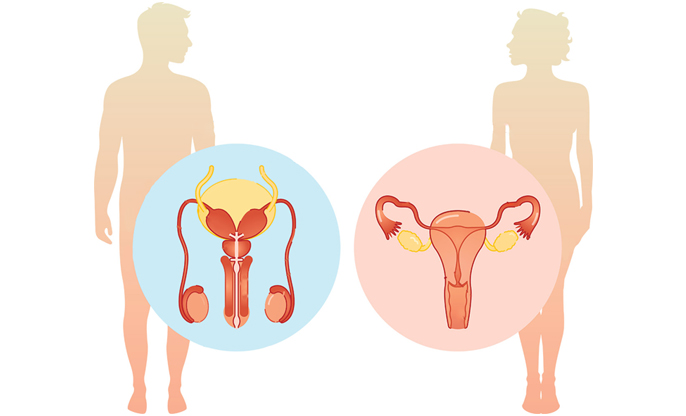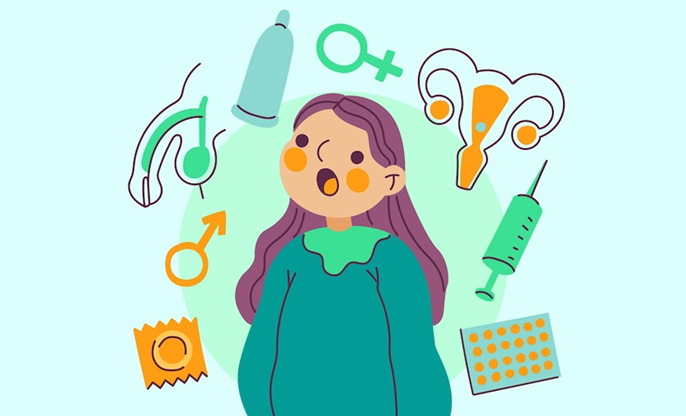
Sexually transmitted infections (STIs) are more than just a public health issue - they can deeply affect our personal health, especially when it comes to our menstrual and reproductive systems. It's important for us to recognize how these infections can influence our menstrual cycles and overall reproductive wellness, underscoring the necessity for thorough sexual health education and preventive practices.
STIs and
Their Effects on Menstrual Health
Infections like chlamydia, gonorrhea,
syphilis, and trichomoniasis can quietly disrupt our reproductive system, often
showing no symptoms initially, which makes them particularly insidious. Here’s
how they can affect us:
- Menstrual Irregularities:
STIs can trigger inflammation and infections in our reproductive organs,
leading to changes in our menstrual cycles. Conditions like pelvic
inflammatory disease (PID), often caused by chlamydia and gonorrhea, can
disturb our menstrual regularity and cause intense pelvic pain.
- Increased Menstrual Pain: The
same infections that disturb our cycle regularity can also make our
periods more painful. The inflammation from STIs like chlamydia or
gonorrhea intensifies cramping and discomfort during our periods.
- Abnormal Uterine Bleeding: STIs might also cause us to experience abnormal bleeding, such as spotting between periods or unusually heavy flows. This can be a sign of cervical inflammation or changes caused by infections like HPV (Human Papillomavirus).
Wider
Impacts on Reproductive Health
The influence of STIs extends beyond just
irregular or painful periods:
- Risk of Infertility: If
left untreated, STIs leading to PID can cause scarring in our fallopian
tubes, significantly heightening the risk of infertility by blocking the
passage of eggs.
- Ectopic Pregnancy:
This scarring can also increase the risk of ectopic pregnancies, where a
fertilized egg implants outside the uterus, often in a fallopian tube, a
dangerous condition that requires immediate medical attention.
- Chronic Pelvic Pain: Over time, chronic inflammation and scarring from conditions like PID can lead to persistent pain in our lower abdomen and pelvic area.
Prevention
and Care
Taking care of our sexual health involves
several proactive steps:
- Regular STI Screenings:
It's crucial to get regularly screened for STIs, particularly if you're
sexually active. Catching an infection early can help avoid more severe
health issues down the road.
- Practicing Safe Sex:
Using condoms and other barrier methods during sex is our best defense
against STIs. It's vital to consistently use these protections and to
educate ourselves and others about safe sex practices.
- Seeking Prompt Treatment: If you are diagnosed with an STI, starting treatment immediately is essential to prevent further complications. Effective treatments, like antibiotics for bacterial STIs such as chlamydia and gonorrhea, can clear infections and prevent long-term damage. Ensure that partners are also tested and treated.
The link between STIs and our menstrual health is a critical reminder of why preventive care and sexual health education are so important. By staying informed and vigilant, we can protect our reproductive health and maintain our overall well-being. Let’s empower ourselves with knowledge and take proactive steps to safeguard our health.








